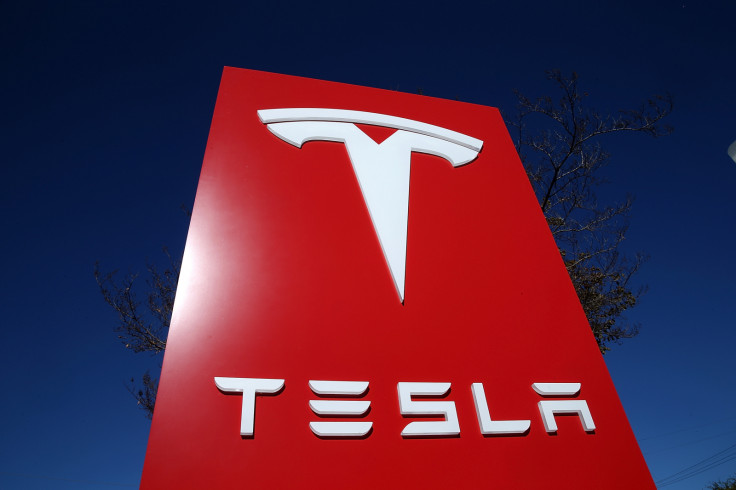Tesla million mile battery in the works
The company's research partners have published a research paper describing the details of such a battery.
Tesla is working on an electric vehicle battery that users may never have to change, at least not for a million miles. These batteries might run three times more than current batteries at 6,000 cycles.
In a research paper titled "A Wide Range of Testing Results on an Excellent Lithium-Ion Cell Chemistry to be used as Benchmarks for New Battery Technologies," by Jeff Dahm, who works with Tesla and his team, stated that this may be possible using single-crystal nickel-metal (NMC) hydride or artificial graphite chemistry.
It will feature NMC cathodes and a new kind of electrolyte.
"We conclude that cells of this type should be able to power an electric vehicle for over 1.6 million kilometers (1 million miles) and last at least two decades in grid energy storage," The researchers stated in the research paper.
It further states that the team followed a rigorous testing regimen.
"Up to three years of testing has been completed for some of the tests. Tests include long-term charge-discharge cycling at 20, 40 and 55° C, long-term storage at 20, 40 and 55° C, and high precision coulometry at 40° C. Several different electrolytes are considered in this LiNi0.5Mn0.3Co0.2O2/graphite chemistry, including those that can promote fast charging. The reasons for cell performance degradation and impedance growth are examined using several methods. We conclude that cells of this type should be able to power an electric vehicle for over 1.6 million kilometers (1 million miles) and last at least two decades in grid energy storage" the research paper stated.
If such batteries can be designed, it may be beneficial for the company's self-driving technology and also for making better long-haul trucks and vehicle to grid operations. This will also make cars more valuable since they will last longer. It might also differentiate Tesla in an increasingly competitive EV market.
It will contribute to Tesla's in-house battery design program, which is developing independently of the current battery supplier, Panasonic.
The research paper only describes the chemistry and not the manufacturing process, which will be different than how the current cells are manufactured.

© Copyright IBTimes 2025. All rights reserved.





















